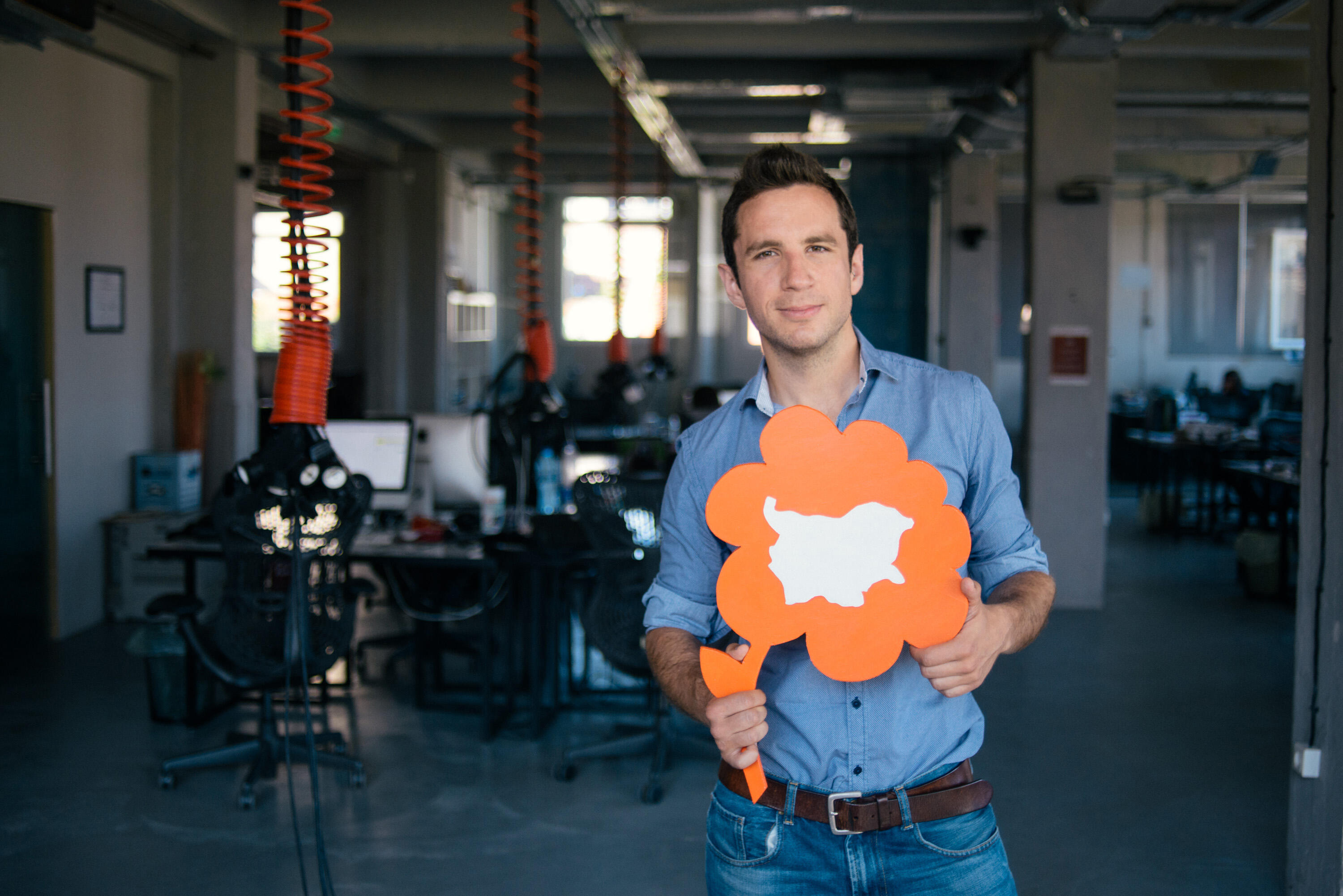ISTANBUL, 18 March 2021 – The COVID-19 pandemic has created unexpected opportunities, even in rural areas, for the countries of South-East European struggling with population decrease, according to a new brief published today by UNFPA, the United Nations Population Fund.
“For decades, there was only one direction for migrants in South-East Europe: towards the cities and the more prosperous countries of Western Europe. But since COVID-19 struck, many emigrants have returned home, and we are even seeing promising signs of rural revival,” said Alanna Armitage, Director of UNFPA’s Regional Office for Eastern Europe and Central Asia.
“The countries of South-East Europe now have an opportunity to create incentives for returnees, with all their valuable experiences and know-how, to stay, and to accelerate the nascent shift to countryside living by improving the attractiveness of rural areas,” added Ms. Armitage.
During the early weeks and months of the pandemic hundreds of thousands who lived and worked in the UK, Germany, Switzerland and elsewhere returned home. While there are no precise numbers on returnees, evidence in Bulgaria to which more than half a million came back during the first lockdown period, showed that 10 percent of those asked said that they did not want to go abroad again after the crisis was over, and another 25 percent said that they were still undecided.
The unexpected rise of remote working means that a significant proportion of returnees to South-East Europe are professionals who have not stopped working just because they have gone home, and many may remain once the pandemic has receded.
The brief, which focuses on Serbia and Bulgaria, describes other trends. As in other parts of the world, many city-dwellers are abandoning high rents and small flats and looking for larger homes either outside of big cities or in the countryside. Once depopulating villages are suddenly becoming attractive for those keen to experience quieter, greener and more family-friendly lifestyles.
“For decades, there was only one direction for migrants in South-East Europe: towards the cities and the more prosperous countries of Western Europe. But since COVID-19 struck, many emigrants have returned home, and we are even seeing promising signs of rural revival,” said Alanna Armitage, Director of UNFPA’s Regional Office for Eastern Europe and Central Asia.
To capture the experiences and intentions of people and to better understand the emerging dynamics, the brief looks at how the pandemic has the potential to change urban-rural relationships in South-East Europe.
It contains stories of reverse migration and lays out concrete policy proposals to suggest viable ways of consolidating these trends and for reversing rural decline.
The report emphasises the need for governments, local governments, the EU and international financial institutions to adapt to change and to invest in the development of rural areas by, for example, creating Rural Revival Zones (RRZs) to target investment, create employment and stem rural brain drain and outmigration. Such ideas should complement infrastructure modernisation, full digitalization and going green.
The brief shows that with the right policies, a vision for the future and the right mix of investments, countries can capitalise from return migration and begin to reverse decades of rural depopulation, a process that once seemed unstoppable.
For more information
Please contact: Jens-Hagen Eschenbaecher, +905497483655, eschenbaecher@unfpa.org
About UNFPA
UNFPA is the United Nations Population Fund. UNFPA's mission is to deliver a world where every pregnancy is wanted, every childbirth is safe and every young person's potential is fulfilled. UNFPA also assists countries with strengthening their resilience in the face of rapid demographic change. For more information about UNFPA and its work in the region visit: eeca.unfpa.org.


